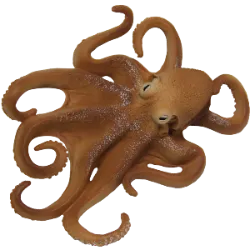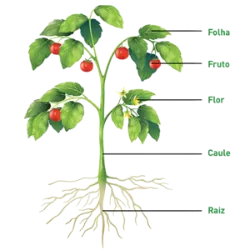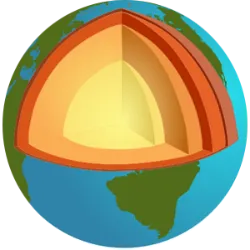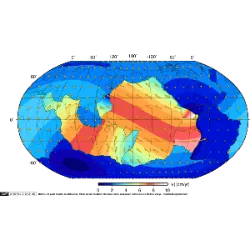La mayor parte de la fauna del mundo

Invertebrate Animals they are responsible for enormous diversity in the animal kingdom, representing the majority of existing species. Without a spinal column, these animals occupy a wide variety of habitats, playing essential roles in nature, such as pollination, decomposition and pest control.
Main Invertebrate Groups:
Invertebrates are divided into several groups, with emphasis on insects, molluscs, arthropods and cnidarians. Insects, with more than 10 million species, are essential for the pollination of plants, including those that generate essential foods. Mollusks, such as octopuses and snails, have soft bodies and, in many cases, protective shells.
Common Features:
These animals have characteristics such as the absence of a spinal column and skull, a body made up of several cells, and heterotrophic nutrition, that is, they depend on other living beings for food. Most reproduce sexually and have varied respiratory systems.
Ecological Importance
Invertebrates are essential for the health of ecosystems, with vital functions such as pollination, decomposition of organic matter and control of pest populations. However, many face threats due to pollution and habitat destruction.
Did you know?










